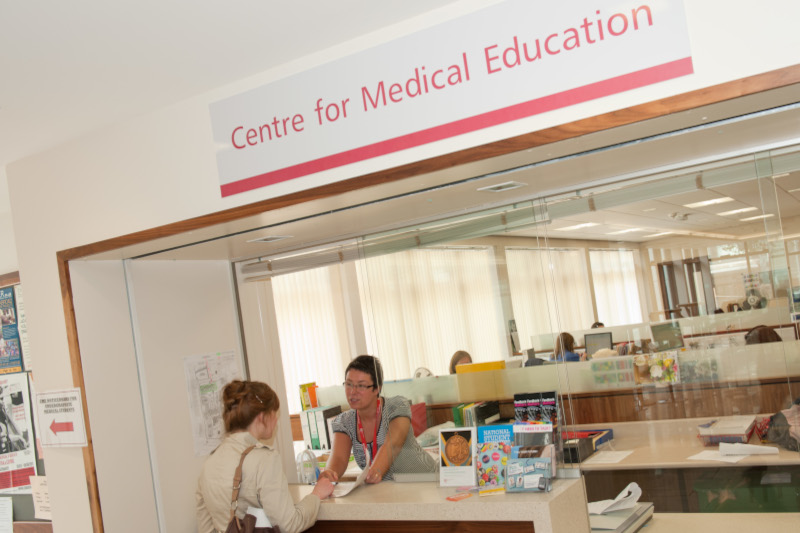
CME’s mission is the education of medical doctors. The values and philosophy underpinning the Centre for Medical Education’s education provision are encapsulated in the vision statement: The Queen’s medical graduate is a caring and compassionate doctor who is a critical thinker, problem solver and reflective practitioner with excellent clinical skills who values, above all else, service to patients.
About Us
The Centre for Medical Education has established excellent partnerships with General Practice, the Postgraduate Deanery (Northern Ireland Medical and Dental Training Agency) and with the hospitals in Northern Ireland, through the appointment of Sub-Deans in each of the Trusts. Early clinical contact is provided through the Family Attachment scheme and the Clinical Skills module in years one and two. Admission to the undergraduate medical programme is very competitive and the intake is increasingly diverse, both in terms of the country of origin and the number of graduates. Students are encouraged to undertake an intercalated year (BSc or MSc level). In years 3, 4 and 5, most of the teaching is based in the clinical environment. The development of the final year Student Assistantship with a focus on Patient Safety aims to ensure that the transition from medical student to Foundation year trainee is a smooth process and reflects our underlying philosophy that medical education is a lifelong journey.
New Undergraduate Curriculum
In September 2020 we introduced a new, innovative, integrated curriculum which was developed following extensive stakeholder engagement. Particular features of the new curriculum are:
- much greater emphasis on small group teaching
- integration of Biomedical Sciences and clinical medicine through all 5 years of the course
- case-based learning
- longitudinal clinical clerkships – where students will be assigned to one hospital for up to 14 weeks and will follow hospital-based rotations across a number of specialties .
- a significant increase in proportion of time spent in primary care.